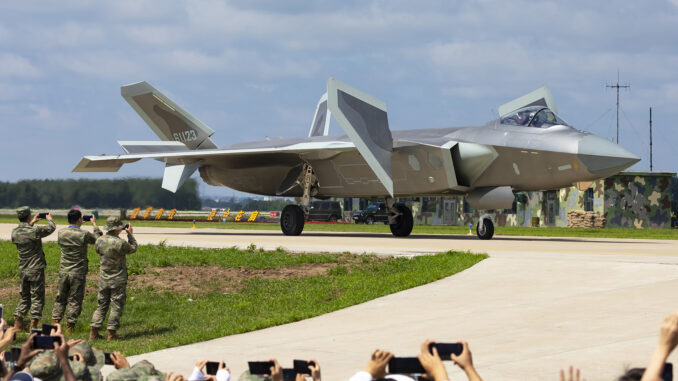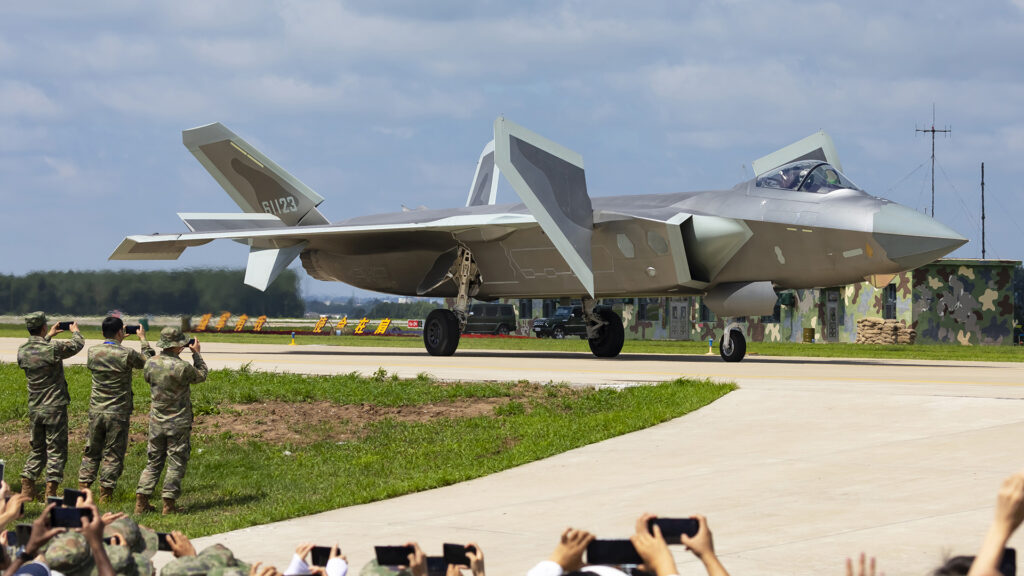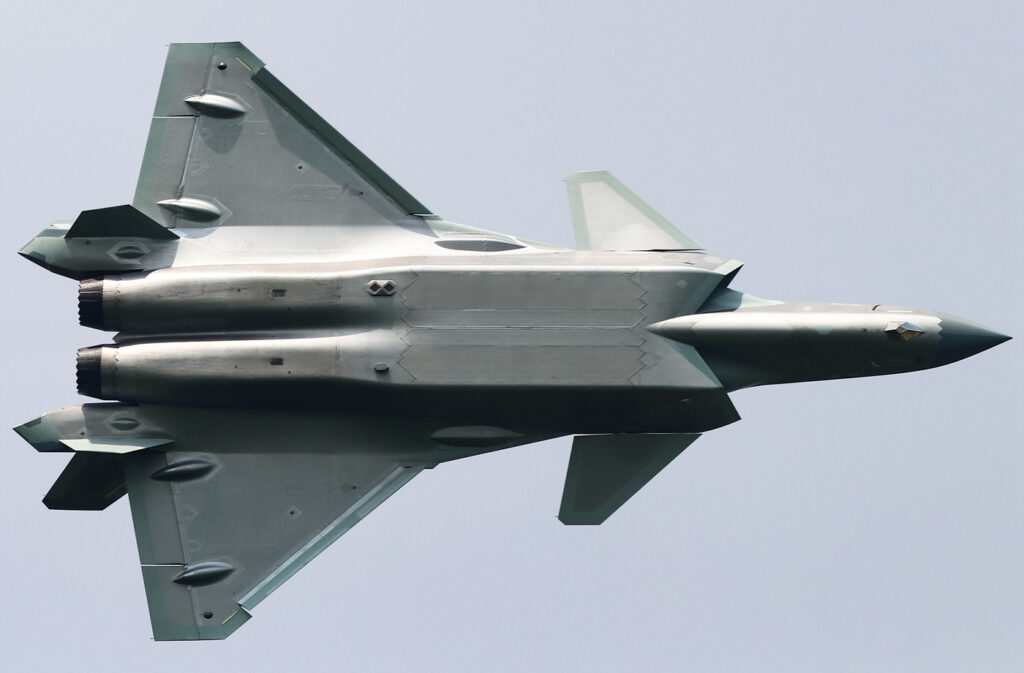
The Chinese army is secretly recruiting Western pilots to train its airmen, increasing the risk of conflict and compromising Western security.
Understand in 2 minutes
US and allied intelligence services have warned that the Chinese army is secretly recruiting Western fighter pilots to train its own airmen. This recruitment aims to improve Chinese air capabilities by exploiting Western expertise, which could increase the risk of conflict and compromise the security of the countries involved. The recruitment program uses companies in South Africa and China to attract former military personnel with high salaries. Restrictive measures have been taken against these companies to counter this threat.

Background to secret recruitment of pilots by the Chinese army
U.S. and allied intelligence agencies have revealed that the Chinese military, via the People’s Liberation Army (PLA) Recruitment Program, is secretly recruiting Western fighter pilots. This program relies on companies based in South Africa and China to hire former military personnel. The main aim is to benefit from their expertise to train Chinese pilots, particularly those destined to operate on aircraft carriers and in the air force.
Impact on security and military operations
This recruitment jeopardizes the security of Western countries by enabling the PLA to acquire in-depth knowledge of Western military tactics, techniques and procedures. Indeed, the skills and experience acquired by Western pilots in the armed forces of the United States and its allies are invaluable in improving the PLA’s air capabilities. For example, knowledge of aircraft carrier landing procedures can greatly increase the operational efficiency of Chinese pilots, thus reducing the West’s strategic advantage.
Recruitment methods and companies involved
The counter-espionage report indicates that recruitment methods include contacts via friends, military and executive recruitment emails, as well as professional networking and online job sites. Job offers are often presented with lucrative contracts and the promise of flying exotic aircraft, with no mention of links to the PLA. Among the companies involved are the Test Flying Academy of South Africa and Beijing China Aviation Technology Co. These companies hide their links with the PLA, making it difficult for applicants to identify the real employer.
Government reactions and action taken
The governments of the United States and its allies reacted by imposing trade restrictions on companies linked to the PLA. In January 2024, a conference brought together over 120 officials from NATO and partner countries to discuss how to counter this activity. In addition, warnings were issued to military personnel to avoid participating in these training programs.
Emblematic case: Daniel Duggan
The arrest of former US Marine Corps pilot Daniel Duggan in October 2022 highlighted this problem. Duggan, who worked in China for eight years after renouncing his US citizenship, is accused of training Chinese pilots to land on aircraft carriers. His case led the British authorities to warn their military not to participate in similar training programs in South Africa.
Strategic and operational implications
The strategic implications of this recruitment are far-reaching. By harnessing Western expertise, the PLA can not only improve its operational capabilities but also better prepare its plans for future operations against Western forces. This advance could diminish the effectiveness of Western deterrence strategies and increase the risk of armed conflict.

Ethical and legal consequences
In ethical terms, the participation of Western military personnel in this program raises questions about loyalty and responsibility to their home countries. Legally, these actions may lead to prosecution for violations of laws on the export of military technology and knowledge. Governments must therefore step up monitoring and regulation to prevent such collaborations.
Importance of countermeasures and vigilance
It is crucial that Western countries remain vigilant and take proactive measures to counter these recruitment efforts. International cooperation and the exchange of information between intelligence services are essential to identify and neutralize these threats. In addition, making military personnel aware of the risks and implications of participating in such programs can help prevent their involvement.
Future prospects and recommendations
For the future, it is recommended that regulatory and legislative frameworks be strengthened to better control interactions between former military personnel and foreign companies. In addition, support and reintegration programs for retired military personnel can offer attractive alternatives, reducing their vulnerability to foreign offers. Finally, continued research and development in advanced defense technologies can maintain the West’s strategic edge in the face of the PLA’s attempts to catch up.
The revelation of the PLA’s recruitment efforts highlights the need for Western countries to remain vigilant and strengthen their security measures to protect their strategic and operational interests.
War Wings Daily is an independant magazine.